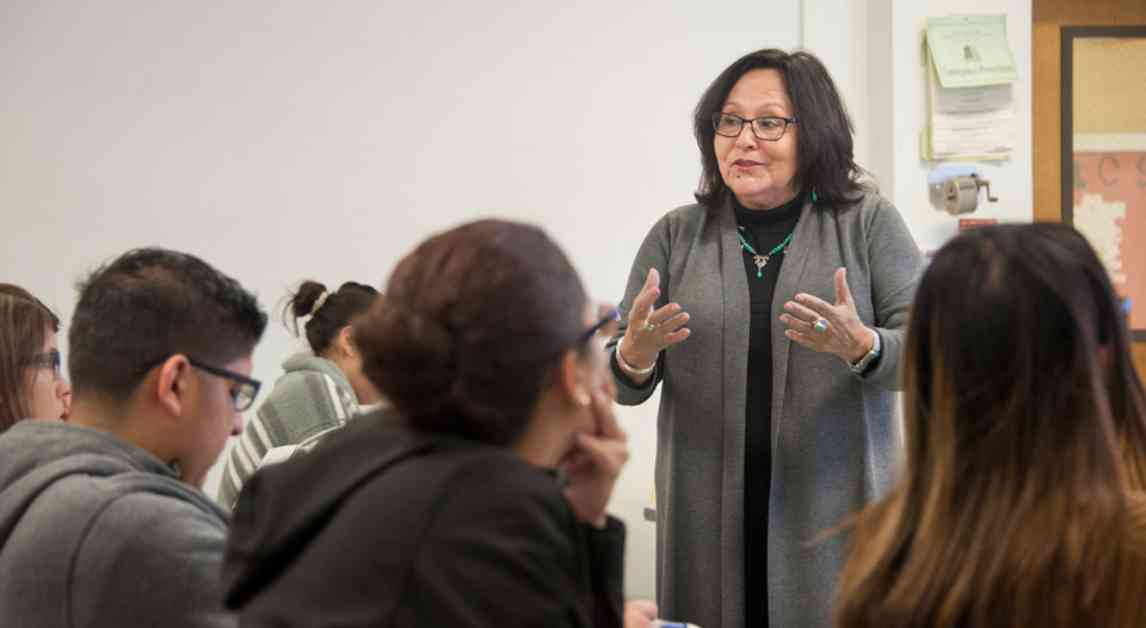Theresa Montaño, a professor in Chicano/a Studies at CSU Northridge and a member of the LAUSD-UTLA Ethnic Studies Committee, is a defendant in the lawsuit.Credit: Luis Garcia / California State University, Northridge
A federal judge has thrown out a lawsuit against the United Teachers Los Angeles and the organization that created a controversial ethnic studies curriculum adopted by at least two dozen school districts in California. U.S. District Judge Fernando Olguin’s scathing ruling on Nov. 30 criticized what he concluded was a lack of evidence and unpersuasive arguments made on behalf of the two Jewish teachers and parents in Concerned Jewish Parents and Teachers of Los Angeles, the group that brought the litigation. The lawsuit was filed in 2022.
Controversial Lawsuit Dismissed
The lawsuit, which alleged that the Liberated Ethnic Studies Model Curriculum Consortium, the teachers union, its president Cecily Myart-Cruz, and two members of the LAUSD-UTLA Ethnic Studies Committee promoted instructional materials that condemned capitalism, white privilege, and Zionism, was dismissed by Judge Olguin. The plaintiffs claimed that teachers who identified as Jewish or Zionist were ostracized in classrooms teaching ethnic studies.
Celebration and Vindication
In an online celebration, Theresa Montaño, a defendant in the lawsuit and a key figure in the consortium, expressed relief at the dismissal. She hailed it as a victory for academic freedom and liberatory critical ethnic studies. Montaño highlighted the importance of solidarity and persistence in ensuring authentic ethnic studies for all students.
Montaño’s joy at the dismissal of the lawsuit demonstrates the personal impact this legal battle had on educators and activists fighting for a more inclusive curriculum. It showcases the resilience and dedication of those committed to creating a more equitable educational system that values diverse perspectives and histories.
Appeal Expected
While the defendants celebrated the ruling, the Deborah Project, the legal team behind the lawsuit, expressed intent to appeal the decision. They believe that crucial allegations and arguments were overlooked in the judge’s ruling. The appeal must be filed by Dec. 30, setting the stage for further legal battles in the future.
The ongoing legal disputes surrounding ethnic studies in California reflect broader tensions around education, free speech, and cultural representation. As different groups advocate for their perspectives and interests, the outcome of these legal battles will shape the future of curriculum development and classroom discussions in the state.




















